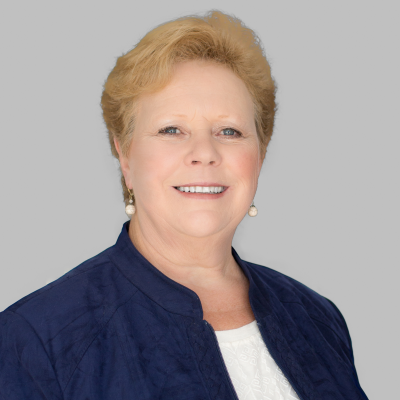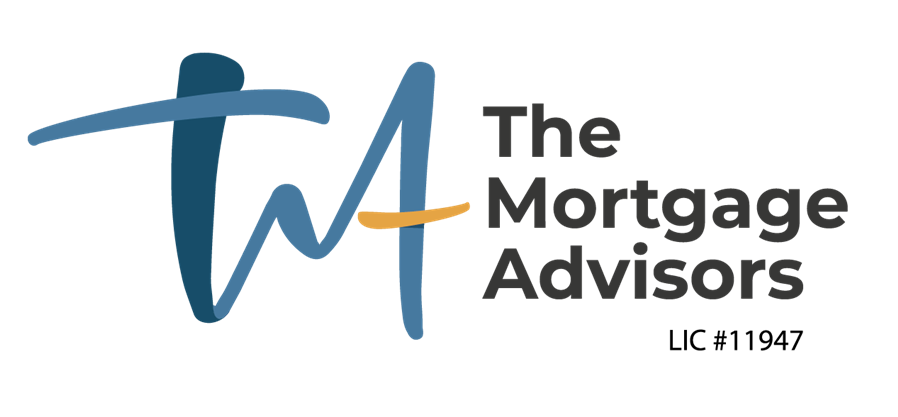
Nancy Blakely, BComm
Mortgages 101
4/25/2023
Types of Mortgages and How to Qualify
Different types of mortgages[1]
- Insured: less than 20% down payment, less than $1 million property value, amortization 25 years or less, the cost of CMHC default mortgage insurance is added to your mortgage. Insured mortgages offer the lowest rate because there is no risk to the lender1. Insured/able mortgages can be transferred to another lender provided the amount and amortization does not change.
- Insurable: 20% down payment or more, less than $1 million property, amortization 25 years or less, the cost of default mortgage insurance is paid by the lender; therefore, rates are a little bit higher to cover their costs.
- Conventional Uninsured: 20% down payment or more, property value can be more than $1 million, amortization can be more than 25 years. ALL REFINANCED MORTGAGES AND MORTGAGES ON RENTAL PROPERTIES are conventional uninsurable.
- Alternative: 20% down payment or more, property value can be more than $1 million, amortization can be more than 25 years, lower credit scores are accepted, and borrowers qualify for a more. A lender or broker fee may apply and be deducted from the mortgage at the time of closing. I advise borrowers before signing.
- Private: Private lenders vary in their requirements and are quite flexible. They accept poor or no credit. They often lend based on equity only. Interest rates and lender/broker fees vary depending on circumstances and type of mortgage. For instance, open mortgages that can be paid off anytime without penalty will likely have an upfront fee to cover the lenders cost to lend the money to you.
- Reverse Mortgage: The borrower does not need to income or credit qualify for a reverse mortgage. Lenders qualify the borrower based on age, location, and value of the subject property. Borrowers must be over age 55. The older the borrower, the more they qualify for. Banks that offer reverse mortgages guarantee that the borrower can live in the home for as long as they want provided, they maintain the property, fire insurance, and pay their property taxes. The penalty to pay off the mortgage early is half if the borrower moves to a senior’s residence and waived if they pass away.
How to qualify:
1. Income Qualification (borrowers must meet both ratios)
- Gross Debt Service Ratio GDS = monthly mortgage payment + property taxes + heat + 50% condo fee can not be more than 39% of monthly income to qualify for a standard or conventional mortgage, and to a maximum of about 55% (lenders vary) for alternative mortgage using the BOC qualifying rate.
- Total Debt Service Ratio TDS = GDS calculation + monthly debt payments cannot be more than 44% of monthly income to qualify for a standard or conventional mortgage, and to a maximum of about 55% (lenders vary) to qualify for an alternative mortgage using Bank of Canada qualifying rate.
- The Bank of Canada determines the qualifying rate that we must use to calculate the GDS and TDS. The qualifying rate is generally about 2% more than your actual mortgage rate because the government would like to know you can afford mortgage payments if rates go up in the future.
2. Credit history and score (Range: very poor 480 to perfect 900 - no credit history receives an R instead of a score)
- Standard Insured or Insurable mortgages require a minimum of 2 years credit history of 2 credit items to show that a person can handle credit and a minimum score of 650. All credit collections must be paid in advance of the application or mortgage funding.
- Lenders generally require a minimum 600 credit score for conventional uninsured mortgage although some lenders require 650 or 680, and a few may allow lower than 600 on exception as a secondary applicant. All credit collections must be paid in advance
- Many alternative lenders accept very low credit scores and a few will accept a R with no credit history on exception. Alternative lenders assess the risk on each file individually at the time of the application. Collections must be paid at closing with mortgage.
- Private lenders vary in their requirements. Private lenders assess the risk on each file individually at the time of the application. They may not ask for income or credit history and may approve a loan based on the property alone, but then they may lower their ratio of loan to value of the property.
- Maximize your score with at least 2 credit items reporting at least 2 years, pay your debts on time, and maintain your line of credit and credit card balances below 67% of your limit.
3. Property
- The property must be approved by the lender because the lender is investing their money and securing it against the property; therefore, the lender wants to know the property is marketable in the event that they need to foreclose. Lenders may offer a lower loan to value on rural, rental or million-dollar properties because these properties pose a higher resale risk to the lender. Standard and conventional mortgages require the property to be between 95%-98% complete depending on the lender’s policies.
Anti-laundering Regulations
The government anti-laundering regulations require 90 days history of the savings for your down payment as well as 90-day history of 1.5% of the purchase price to cover closing costs such as legal fees and land transfer taxes. These funds should be saved from a legitimate source in a financial institution, equity from property owned, borrowed, or gifted. Closing costs may also be funds from a cash back mortgage.
To learn more or pre-qualify, call Nancy Blakely 905.269.3721 or Apply Now at www.NancyBlakely.ca
[1] Some very low-rate mortgages have restrictive conditions. It is important to work with a Mortgage Agent you trust to explain the details to you and to find the mortgage best suited to your level of risk.




























